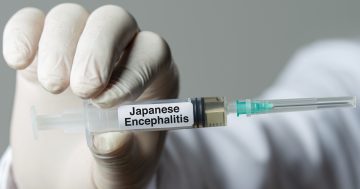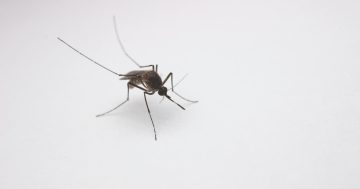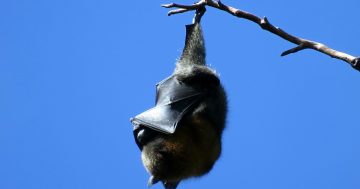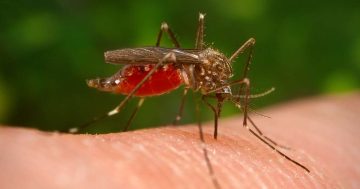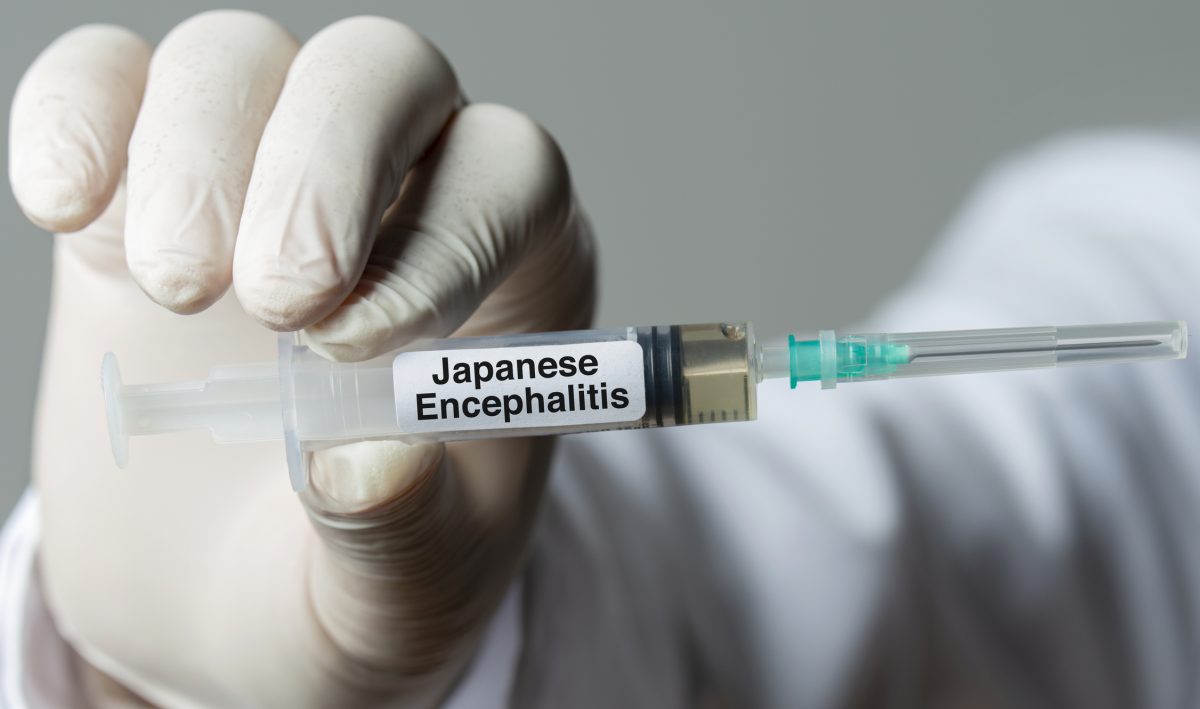
Increased access to Japanese encephalitis vaccine in NSW. Photo: Kemalbas.
Murrumbidgee Local Health District is expanding free access to the Japanese encephalitis (JE) vaccine for residents of the Hay and Murrumbidgee shires to protect those most at risk.
The JE vaccine is recommended for individuals who:
- Live or work in any of the following local government areas (LGAs) within the Murrumbidgee Local Health District (MLHD): Albury, Berrigan, Carrathool, Edward River, Federation, Greater Hume, Griffith, Lockhart, Murray River and Temora
- Are aged between 50 and 65
- Are employed in an occupation that is largely or totally outdoors (defined as spending at least four hours a day outside)
- Have direct exposure or proximity to pigs and mosquitoes
- Work, reside or plan a visit to a piggery, pork abattoir or pork-rendering plant (including but not limited to farm workers and their families and children aged two months and older living at the piggery, transport workers, veterinarians and others involved in the care of pigs)
- Work directly with mosquitoes (environmental health officers and entomologists)
- Have direct exposure or proximity to pigs and mosquitoes
The MLHD said the JE vaccine was available through local general practitioners (GPs) and urged those who meet the above criteria to make an appointment with their GP.
“Let them (GPs) know it is for the Japanese encephalitis vaccine … they may require a few days’ notice so they can order the vaccine,” the MLHD statement said.
MLHD public health director Tracey Oakman said vaccination was an important part of the public health response, but currently, global supply of JE vaccine was very limited.
“So we’re urging people to protect themselves by avoiding mosquito bites altogether, particularly as we head into warmer months,” she said.
MLHD said one person in 11, or 80 in 917 people, showed antibodies indicating past infection with JE virus that would not have been acquired in another country.
JE is a mosquito-borne virus that can be passed to humans and other animals, commonly pigs and waterbirds. Pigs in particular are considered amplifying hosts associated with transmission to humans.
Infection is usually asymptomatic or associated with mild symptoms in humans but can lead to severe diseases including chronic neurological sequelae or acute encephalitis, which can result in death.
JE is a common infection in the tropical regions of Asia and was detected for the first time in NSW in late February 2022.
Since then, 13 people have been diagnosed with the virus in NSW, two of whom died.
All were estimated to have acquired the virus between mid-January and the end of February.
In line with national reporting structures, NSW Health details any new cases and case locations on its website.
According to Communicable Diseases Network Australia criteria, asymptomatic people found to have JE antibodies through serosurvey studies do not meet the case definition for JE disease, unlike those who were clinically diagnosed.
For further information on JE virus and ways to protect yourself, click here.







